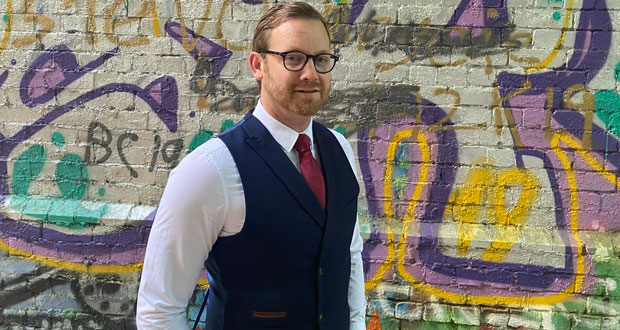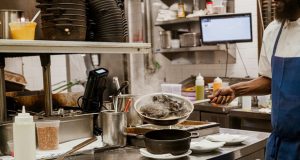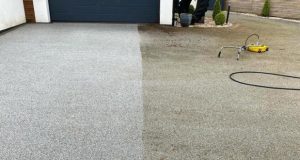Shaun Doak, CEO of REACT Specialist Cleaning
It may seem unsurprising that one of the industries that saw an increase throughout the pandemic was commercial cleaning. The sector quickly adapted existing technologies and methods to cope with the new virus and reacted to the uncertainty felt by all industries. Although incredibly infectious, the virus and even the new more infectious strains are relatively straightforward to get rid of – as we know hot water and soap is a simple way to kill it – meaning that no new technologies had to be developed to manage the situation.
Most professional cleaning businesses were forced to adapt to focus mostly on providing decontamination solutions and saw the demand for the regular projects drop off. This, however, is set to return as requirements for COVID-19 decontamination will reduce towards the latter end of the year.
While it’s clear that our industry has seen a surge in work through the pandemic, what happens next remains unclear. When the infection rate falls significantly and there is no longer a need for continuous decontamination, whether or not there is such a high demand for commercial cleaning work will remain to be seen. There is a suggestion that the virus will reappear every year around winter, and become the ‘next flu’. If this is even a likelihood, the professional cleaning industry needs to be prepared for how to cope.
The overwhelming response to the virus has been reactive thus far – thorough deep cleans and fogging have proven efficient in eliminating the virus from a building. What the industry needs to assess is how to preempt the virus and put processes in place to safeguard their clients against it. Even when it appears that we are overcoming the infection rate, businesses will need to bolster their regular cleaning routine from before the pandemic to ensure that they can allow staff to return back to work and be able to protect them from any possible transmission of the virus. To do so, the quality of the previous cleaning regime will have to be re-examined to provide a higher standard going forward. They will need to improve on the frequency of cleaning, the chemicals used and technological innovation to stay on top of the current virus and any future ones.
Through a preventative approach to cleaning using barrier products borne from a ceramic coating, businesses will be able to implement a more robust regime than before the pandemic, anticipating any possible return of the virus, preparing themselves effectively and reassuring clients. Such innovations in products mean that cleaning professionals can guarantee a long term surface coating which bacteria, viruses and germs cannot thrive on and will not be removed by regular cleaning and disinfecting. Some manufacturers claim this protective layer can last for up to 30-90 days, so by building the coatings into the deep cleaning regime and re-applying the coating regularly, cleaning professionals can maintain a constant level of work post-pandemic when their clients assess the full level of damage the past year has had.
Although barrier products are key in changing to a proactive approach, they are a costly solution and will depend on businesses’ financial restraints. Previously labelled as a low priority, commercial cleaning companies enjoyed a brief time in the spotlight as businesses signed off on costlier methods to handle the situation as quickly and efficiently as possible to avoid an outbreak in the workplace, and potentially costing them even more. Once life returns to a semblance of normal, it’s highly likely that these businesses will take stock of the situation and return to previous, less costly regimes used before the pandemic which will fail to showcase the new technologies and products developed to accelerate progress in the cleaning industry.
It’s critical that professionals assess how effective their regular cleaning routine was in the pandemic and work towards a new method of using barrier products in addition to the more frequent deep clean regime to protect clients ahead of a return of the Coronavirus, or indeed a new one. What the pandemic has taught us is the clear importance of maintaining a constant level of cleanliness to protect employees and give businesses the best possible chance of continuing to run with as few interruptions as possible.





